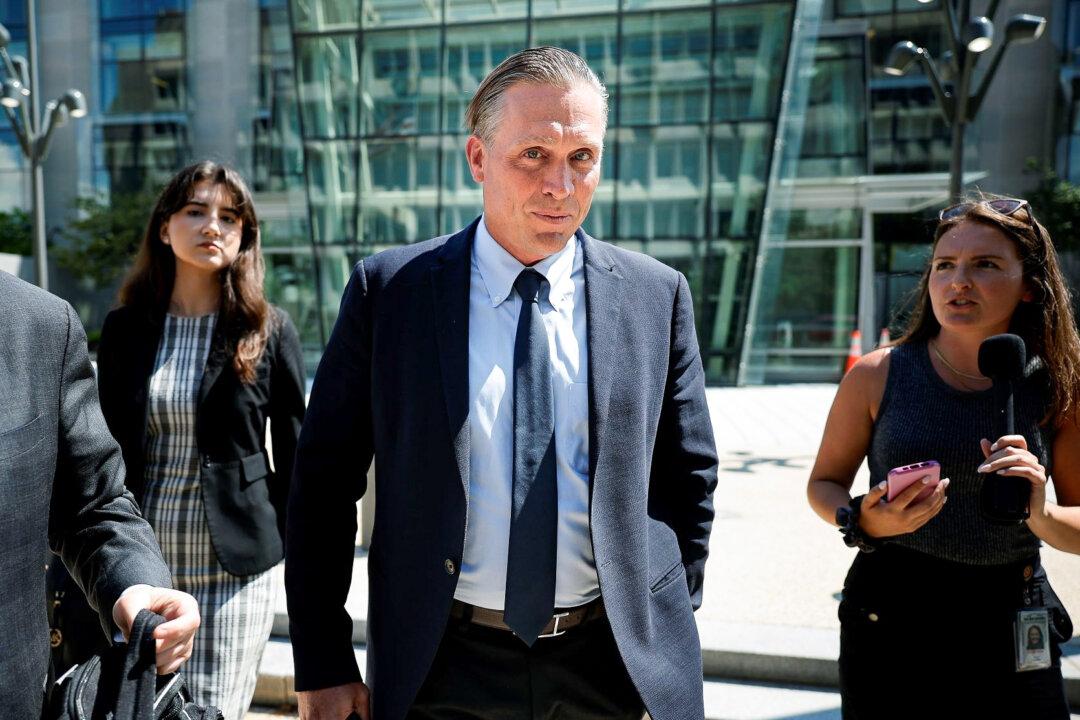A former business associate of President Joe Biden’s son was turned down by the U.S. Supreme Court on Jan. 22.
Devon Archer, who was in business for years with Hunter Biden, saw his request to overturn his criminal conviction rejected.

A former business associate of President Joe Biden’s son was turned down by the U.S. Supreme Court on Jan. 22.
Devon Archer, who was in business for years with Hunter Biden, saw his request to overturn his criminal conviction rejected.